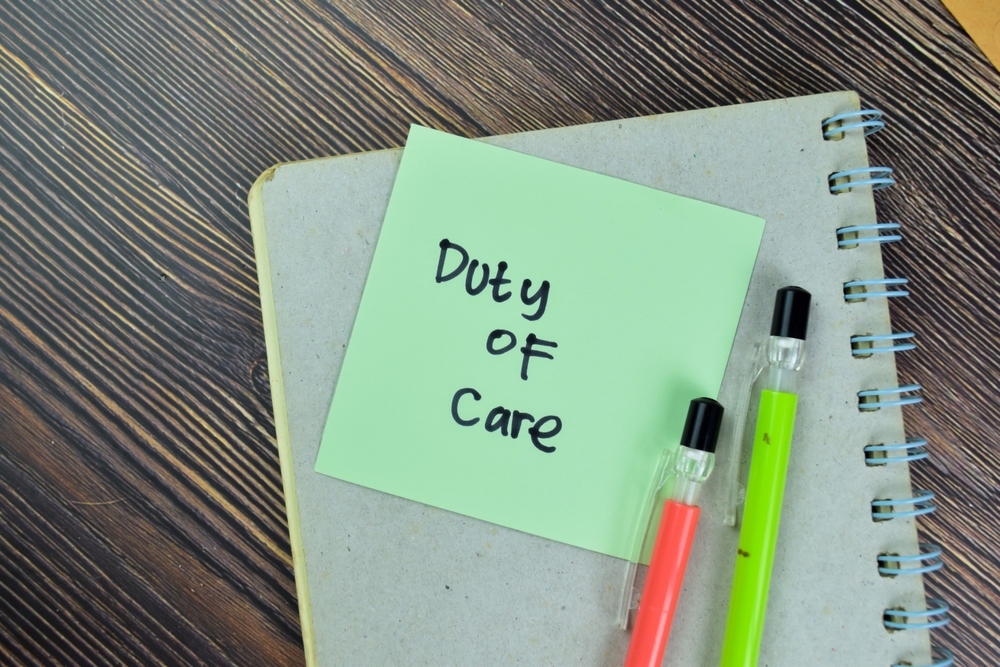Nurses play a pivotal role in the healthcare system, providing essential care and ensuring patient well-being. However, their professional licenses can be at risk due to various challenges, including allegations of misconduct, ethical violations, or regulatory non-compliance. In such situations, Nurse License Defense Attorneys become indispensable, offering specialized legal representation to protect nurses’ careers and reputations.
The nursing profession demands not only clinical expertise but also adherence to stringent ethical and legal standards. Despite their dedication, nurses may find themselves facing allegations that threaten their professional licenses. In such critical times, Nurse License Defense Attorneys provide the necessary legal support to navigate complex proceedings and safeguard nurses’ livelihoods.
Understanding the Role of Nurse License Defense Attorneys
Nurse License Defense Attorneys specialize in representing nurses who are under investigation or facing disciplinary actions by state nursing boards or regulatory agencies. Their primary objective is to protect the nurse’s license and ensure fair treatment throughout the legal process.
Key Responsibilities:
- Legal Representation: Advocating for nurses during hearings, negotiations, and appeals.
- Case Evaluation: Assessing the specifics of the allegations to develop a strategic defense.
- Guidance on Regulatory Compliance: Advising on adherence to nursing laws and ethical standards to prevent future issues.
- Negotiation with Regulatory Bodies: Engaging with nursing boards to seek favorable outcomes, such as reduced penalties or case dismissals.
Read Also:- Physicians & Nurses in for a Long Ride on the Health Train
Common Issues Leading to License Defense Cases
Several situations may necessitate the involvement of Nurse License Defense Attorneys:
- Allegations of Professional Misconduct: Claims of unethical behavior or violations of professional standards.
- Substance Abuse Accusations: Concerns regarding impairment affecting job performance.
- Criminal Charges: Legal issues outside the workplace that may impact licensure.
- Documentation Errors: Mistakes in patient records or billing that raise compliance questions.
- Patient Complaints: Reports of inadequate care or communication leading to formal investigations.
The Defense Process: Steps Involved
When facing potential disciplinary action, the defense process typically includes:
- Initial Consultation: Discussing the case details with the attorney to understand the situation and possible strategies.
- Investigation: Gathering evidence, interviewing witnesses, and reviewing relevant documents.
- Response to Allegations: Formulating and submitting a formal reply to the nursing board’s inquiries.
- Representation at Hearings: Presenting the defense during official proceedings and hearings.
- Appeals Process: If necessary, challenging unfavorable decisions through appeals.
Read Also:- What Is the Purpose of the Nurse Practice Act?
Preventative Measures for Nurses
To minimize the risk of facing disciplinary actions, nurses can adopt several proactive strategies:
- Continuing Education: Regularly updating knowledge on best practices and regulatory changes.
- Meticulous Documentation: Ensuring accurate and thorough patient records.
- Adherence to Policies: Following institutional protocols and procedures diligently.
- Seeking Legal Advice Early: Consulting with Nurse License Defense Attorneys at the first sign of potential issues.
FAQs
A1: It’s advisable to consult an attorney as soon as you become aware of any allegations or investigations that could impact your license.
A2: Yes, they can guide you through the process of reinstating a suspended or revoked license, including fulfilling any required conditions.
A3: Absolutely. Attorney-client privilege ensures that all communications remain confidential.
A4: Look for attorneys specializing in healthcare law with experience in nursing license defense, such as those at the Florida Healthcare Law Firm.
A5: Outcomes can range from case dismissal to license suspension or revocation, depending on the case specifics and defense presented.
Conclusion
Nurses dedicate their lives to caring for others, but their careers can be jeopardized by various challenges. Nurse License Defense Attorneys play a crucial role in protecting nurses’ licenses and ensuring they receive fair treatment during disciplinary proceedings. By understanding the importance of these legal professionals and taking proactive measures, nurses can safeguard their careers and continue to provide exceptional care.







